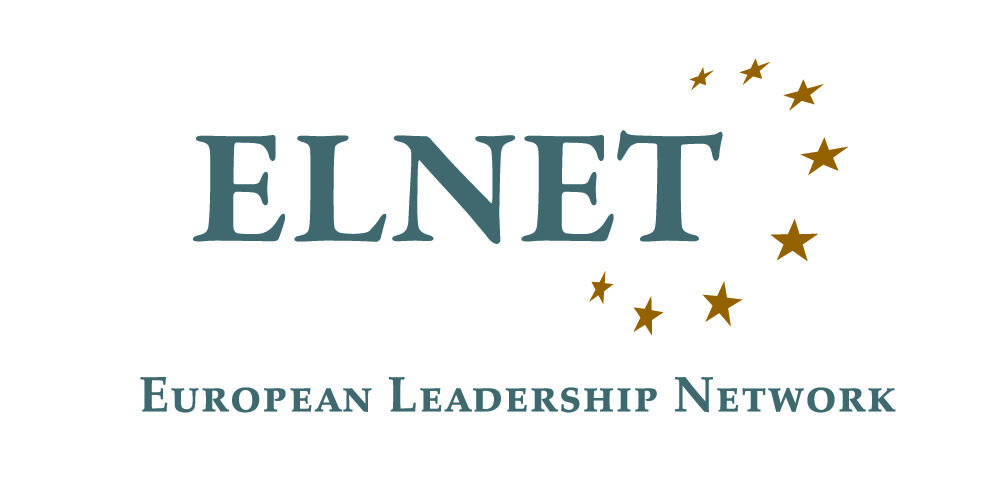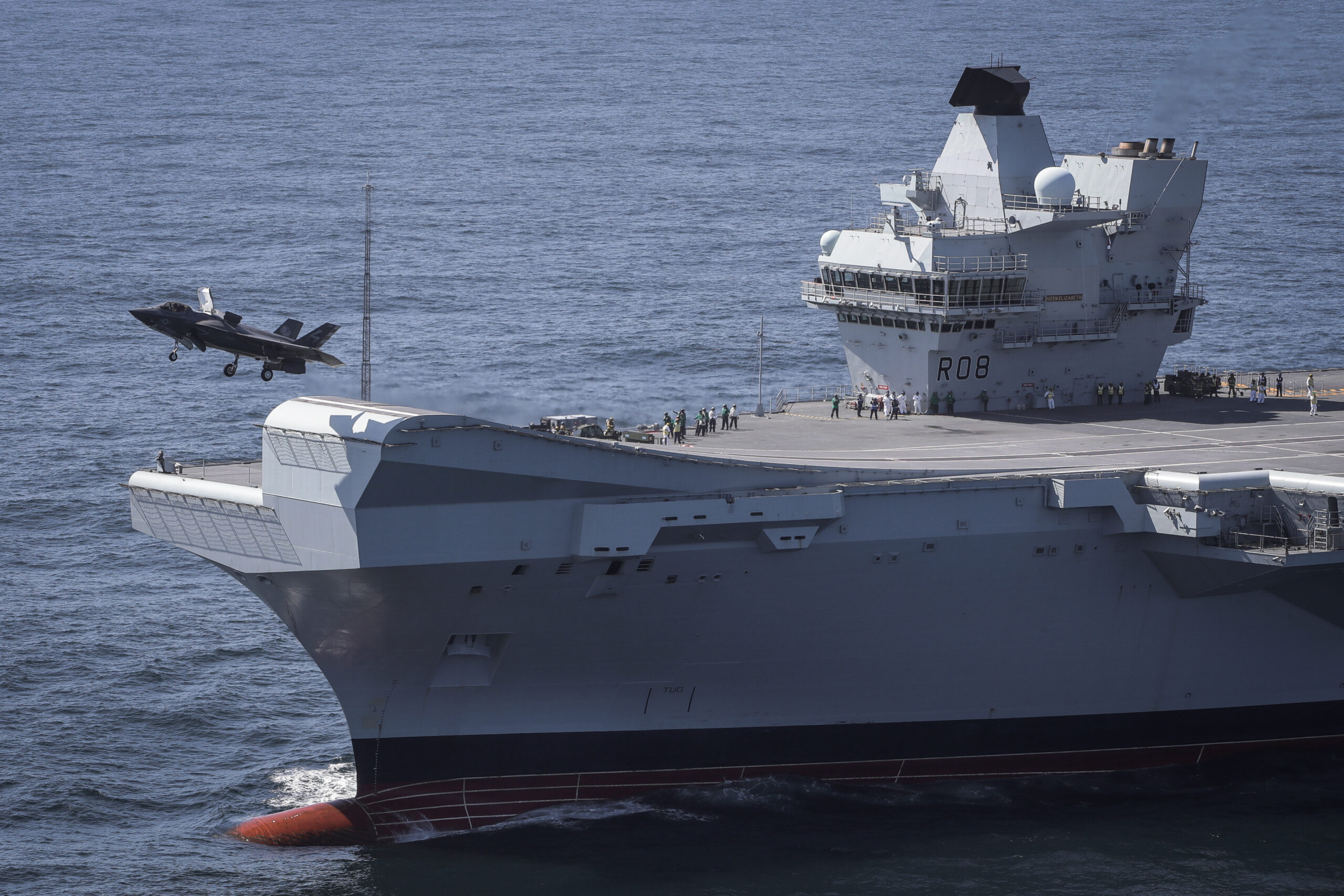Russia’s war in Ukraine, China’s malign intentions for Taiwan, and Iran’s hegemonic ambitions for the Middle East are not independent regional events. They are the progeny of the West’s decades-long failures to see the world for what it is, not what they wished it to be. To withstand the threats from a rising new axis of authoritarian regimes requires a new triad for the twenty-first century that will bolster the Western alliance.
Now is the time for the United States, Europe, and Israel to form a strategic partnership that fortifies their multilateral defense, energy, security, and supply chain requirements.
The jungle always grows back, and without such an alliance to curb its expansion, we will see the jungle grow more dense and dangerous. The UK’s military had to be rebuilt in 1939, following its slashing after WW I, to cull the jungle of the Third Reich. Once again, the UK’s military and NATO, as a whole, need rebuilding after decades of disrepair.
Following the fall of the Soviet Union, the United States enjoyed the status of being the world’s only superpower and maintained that status through the early 2000s. The United States, too, neglected its role in keeping the jungle at bay. Ukraine’s war and dependence on U.S. supplies have shed light on how ill-prepared U.S. and European defense manufacturing has become.
China has built up a formidable military, one that now boasts the largest navy and army in the world. According to a DOD article that reviewed its 2023 China Military Power Report, the Chinese are estimated to have “more than 500 operational nuclear warheads as of May 2023,” which exceeds DOD’s previous predictions.
China’s economic prowess has also proven difficult to contain since its cheap labor force, 5G networks, and deep pockets make it an alluring Faustian Deal for many countries around the world.
Like China, Russia has been testing the resolve of the United States, Europe, and NATO. Its slow creep into Eastern Europe started with its annexation of Crimea and culminated with the invasion of Ukraine. Europeans, from East to West, were shaken into sobriety by Putin’s aggressive effort to restore Russia’s imperialist past.
Iran rounds out the new axis of authoritarian regimes. Iran, regarded as the world’s largest state sponsor of terrorism, has exhibited complete disregard for U.S. global interests and authority. Iran sponsored Syria’s Assad and financed his killing of 500,000 Syrians, thumbed its nose at the Joint Comprehensive Plan of Action’s mandate to foreclose on Iran’s nuclear capabilities, and finances and trains Hezbollah, Hamas, Palestinian Islamic Jihad, and the Houthis.
After decades of neglecting their defense and security needs, European nations have found themselves woefully unprepared for war. According to Global Firepower’s 2023 Military Strength Ranking, the average ranking of Russia, China, and Iran stands at 7.33. The average ranking of Germany, Spain, Poland, France, and England is far behind at 16.
Reflecting on comments made by CIA Director William Burns, Paul Wang at Modern Diplomacy writes, “China’s rise and Russia’s revanchism pose daunting geopolitical challenges in a world of intense strategic competition in which the United States no longer enjoys uncontested primacy.” In other words, a United States that is not only perceived as weak by its adversaries but is at parity with them puts the international security system at risk.
These state and non-state actors create real concerns for the United States. However, Russia, China, Iran, and its proxies present existential threats to Europe’s and Israel’s security, energy, and supply chain needs. With the United States facing global challenges as their sole superpower protector, European nations, along with Israel, are re-examining their strategic alliances.
The atrocities of October 7, 2023, shattered any pretense Europeans had that Hamas, and by extension, Iran, could be regarded as civil, humane, or interested in the pursuit of peace. October 7, together with Russia’s war on Ukraine, solidified for many European leaders Israel’s position as their vital strategic ally, and vice versa.
European political leaders, journalists, and policy influencers have visited Israel post-October 7 in unprecedented numbers. In addition to showing their support for Israel, European legislative leaders visit Israel to deepen and broaden their countries’ relations on matters of defense, technology, agriculture, and friend-shoring critical supplies and manufacturing.
Already, the United States relies on Israeli technologies in defense, irrigation, and cyber-security. While Israel will always be a junior partner to the United States, Israel’s status as a global power has been rising over the last decade.
The threats to the Western alliance posed by ambitious and malevolent state and non-state actors demand the formation of multilateral strategic partnerships. A triad consisting of the United States, Europe, and Israel, working in concert with other countries such as Saudi Arabia, the UAE, Bahrain, and Morocco, will possess the necessary critical mass to oppose threats in their respective regions.
A unipolar world has given way to a multipolar world requiring a multilateral strategic partnership capable of protecting and maintaining world order. The United States, Europe, and Israel form the Triad for the twenty-first century.
David Siegel is President of ELNET-US, which provides strategic guidance and financial support to ELNET’s seven affiliate offices in Europe and Israel. He is the former Israeli Consul General to the Southwestern United States and former chief of staff to three Israeli ambassadors to the United States. Mr. Siegel holds a master’s degree from the Fletcher School of Law and Diplomacy.

